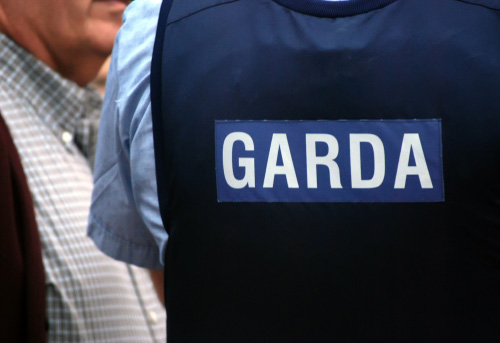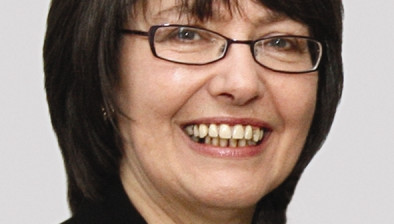Research reveals Garda influence over selection of criminal defence solicitors

Gardaí are influencing the selection of criminal defence solicitors for detainees in the absence of a consistent and transparent process, new research suggests.
A new paper by legal academics Professor Yvonne Daly and Dr Vicky Conway, published in the Journal of Law and Society, explores the practical arrangement of police station legal assistance, which it says “goes to the heart of the right to a fair trial”.
Based on 44 interviews with criminal defence solicitors, the paper observes that different Garda stations use different processes to find solicitors and that the Law Society’s official Find a Garda Station Solicitor list is “not being consistently and effectively utilised”.
In some stations, interviewees said detainees are invited to select a solicitor from a range of business cards stuck to a wall, which the authors describe as “a laissez-faire approach to providing effective and practical realisation of the right to legal assistance”.
Some solicitors alleged that gardaí were, in some cases, overriding detainees’ choice of solicitor. One interviewee said they have had “cases where [detainees] have actually asked for our office and have been given whoever and we don’t think any attempt was made to contact our office”.
The paper states: “Comparing such practice to the facts of [Dvorski v. Croatia], a specific denial of access to a requested, named solicitor would be in breach of the suspect’s right to a fair trial.”
A number of interviewees said the choice of solicitors is often made by gardaí rather than clients, and that they felt gardaí have “favourite” solicitors influenced by factors such as speed and suggestibility.
“A large number of participants felt that the quality of the defence that they offer influences whether or not they receive requests to attend stations,” the paper states. “They were forthright in their belief that less active and rights-driven solicitors are being selected or suggested by gardaí.”
In their conclusion, Professor Daly and Dr Conway argue that “consistency and transparency need to be at the heart of whatever mechanism is utilised in any state for the selection of criminal defence representation”.
While some solicitors suggested “the introduction of a rota system like that which exists in Northern Ireland”, the authors do not make any specific recommendations and instead suggest that the issue “is in need of Europe-wide review and consideration”.









